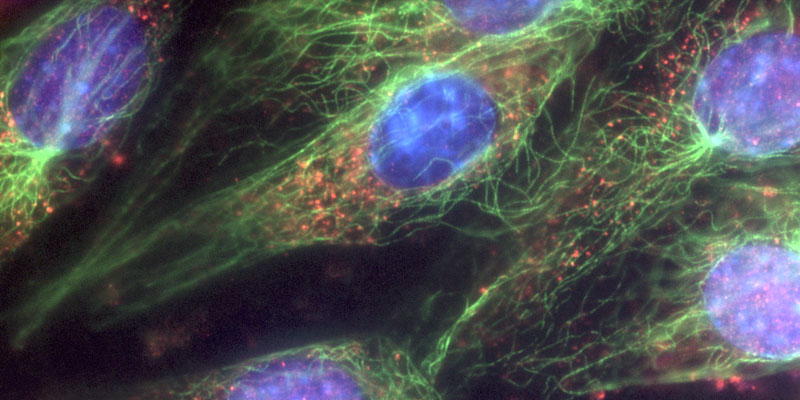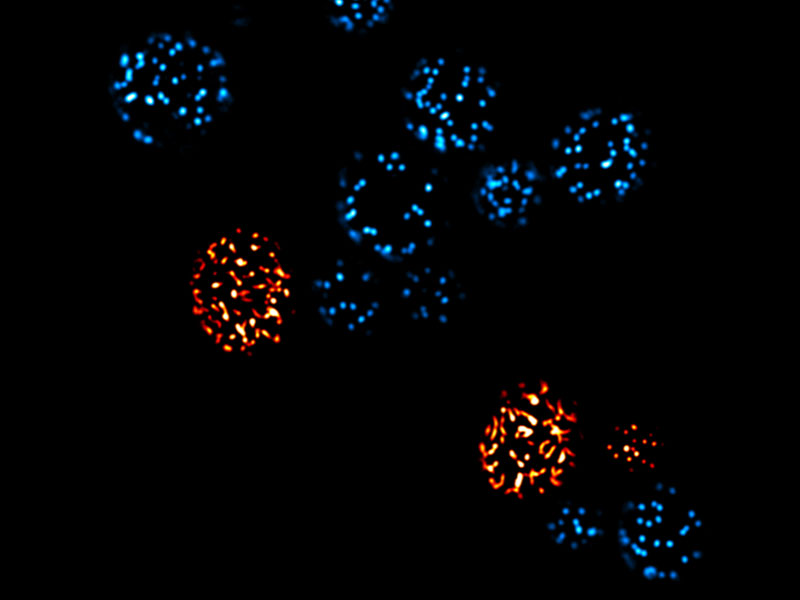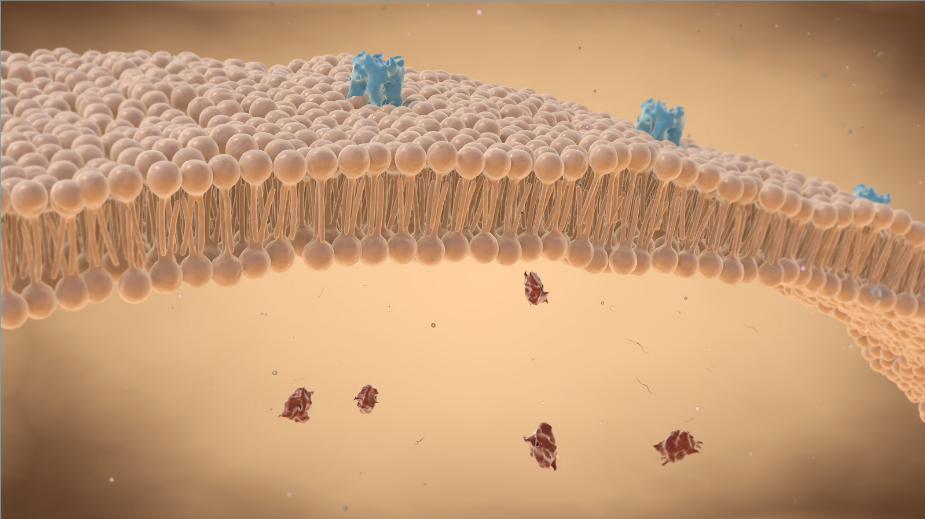
Molecular and cellular medicine
Cancer: from carcinogenesis to malignancy
Bridging the two YBRI themes of MCM and Immunology, Haematology and Infection (IHI) is cancer. With IHI focusing on haematological malignancies; MCM has a major focus on adult epithelial cancers, known as carcinomas. Cancer research at York spans a range of cancer types with key research areas.
Degenerative diseases of ageing
Many disease conditions are associated with the ageing process. Molecular mechanisms of neurodegenerative diseases such as Alzheimer’s Disease (Quinn), Amyotrophic lateral sclerosis (ALS), Frontotemporal Dementia (Sweeney, Chen) and Parkinson’s Disease are particular areas of focus which bridge MCM and the Neuroscience themes.
Osteoarthritis is being tackled using tissue engineering and regenerative medicine approaches to study how functional mesenchymal tissues (bone and cartilage) are formed and can be targeted (Genever). This is complemented by research into mechanisms underpinning muscular plasticity and diseases such as muscular dystrophy (Blanco, Willems).
How the hormone insulin regulates membrane traffic in fat and muscle cells is an important line of basic and applied research. Defects in this transport system underlie Type-II Diabetes, a debilitating disease whose incidence is increasing worldwide at an exponential rate (Bryant, Brzozwski).
Novel therapeutics and interventions
The development of novel therapeutics and interventions is multifaceted and uses a variety of approaches, such as tissue engineering and regenerative medicine, development of magnetic nanoparticles for delivery of therapeutic agent (Chechik, Genever), chemical glycomedicine (Fascione, Willems), development of novel insulin analogues for oral delivery (Brzozowski), drug discovery, design and synthesis (O’Brien).
There is also research combining artificial intelligence (AI) and molecular diagnostics for molecular diagnostic informed disease, early melanoma diagnostic technologies and skin cancer treatment (Prow, Yamada). Read more about our diagnostic technologies and point-of-care devices on the Biomedical Technologies page.
Glycobiology
Carbohydrates play key roles in a wide variety of cellular processes. When attached to proteins, they can, for example, regulate protein stability and mediate cell-cell and cell-pathogen interactions. These glycoconjugates are often extended into complex, branched carbohydrate structures. The exact structures of the various glycoconjugates are determined by the enzymes that are responsible for building up, remodelling and breaking down carbohydrate chains. Defects in several of these enzymes, as well as in the glycoconjugates themselves, have been found to be at the basis of various human diseases.
Research at York looks at glycan biosynthesis and degradation in health and disease. Specifically viral invasion, cancer and imaging/treatment of lysosomal storage diseases (Davies), tumour metastasis, bacterial recognition and the immunological response (Fascione) and muscular dystrophies (Willems).
There is focus on deciphering and in vivo perturbation of the roles that carbohydrates play in the aetiology of disease. To develop chemical biology tools, which can be applied in innovative new 'chemical glycomedicine' approaches for the prevention and treatment of disease. To translate novel chemistry into living systems, from where the complex roles of carbohydrates can be probed further at a dynamic cellular level (Fascione, Willems).


